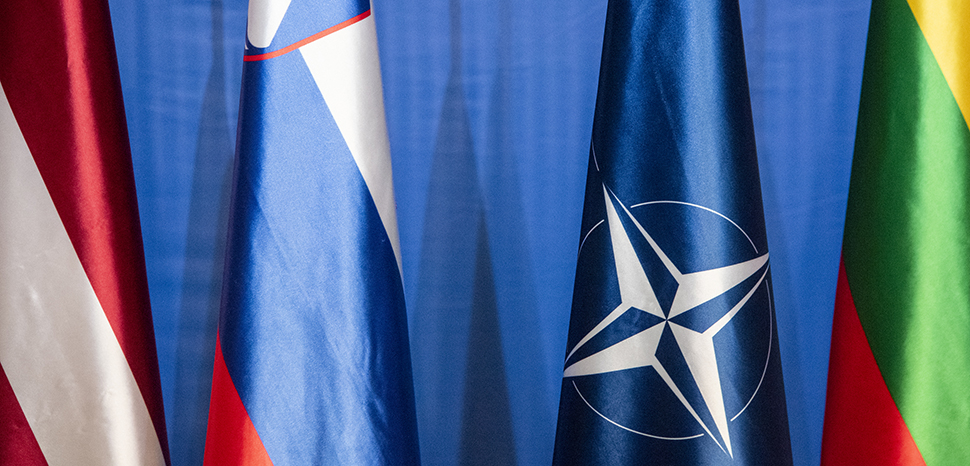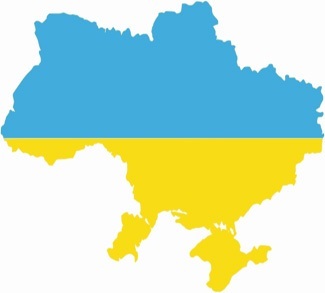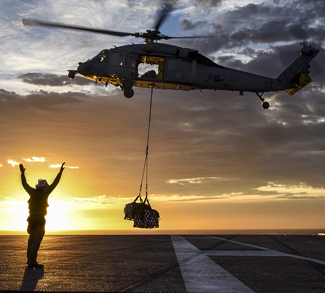The NATO summit in Vilnius, Lithuania, ended with the alliance rejecting Ukraine’s membership once more. The Ukrainian president, Volodymyr Zelenskiy, expressed his dissatisfaction with NATO’s lack of a definite timeline or standards for membership. The summit’s final statement merely stated that Kyiv would be admitted to the alliance if it fulfilled the conditions and obtained the approval of the allies. This demonstrated the disparity among the 31 NATO members on the issue of Ukraine’s integration. Britain appealed to the United States and other hesitant allies such as Germany to at least convey some verbal endorsement for Ukraine’s membership, while many Eastern European countries advocated for Ukraine’s inclusion in NATO.
Irrespective of their divergent approaches, the members concur on one aspect: Kyiv’s affiliation with NATO would activate Article 5 and escalate the likelihood of a direct clash between NATO and Russia so long as the war persists. Consequently, Ukraine should not join this organization during the war. However, this is merely one rationale for postponing Ukraine’s accession to NATO until an indeterminate time in the future. The post-war predicament that Ukraine will find itself in, which could also implicate NATO in an undesired conflict, coupled with the exorbitant costs of the war and the futility of Ukraine’s membership in NATO in light of the severe debilitation of Russia, are other factors that demonstrate that Ukraine’s membership in this alliance is impractical, at least in the medium-term.
Challenges for NATO after the Ukraine War
Ukraine’s accession to NATO after the war could create two difficulties for the alliance. The first is that the United States might have to engage in direct confrontation with Russia due to the security guarantee stipulated in Article 5. It is likely that there will be unresolved border issues between Ukraine and Russia after the war, which will be aggravated by the nationalist movements of both countries. This could deteriorate their relations even if they reach a peace agreement. If Ukraine is a NATO member and the border situation intensifies, Washington might support Kyiv by deploying forces or even nuclear weapons. This could result in the dreadful scenario of World War III.
Secondly, applying Article 5 to Ukraine may jeopardize its legitimacy. The US government has indicated through its rhetoric and conduct that it does not regard Ukraine as a vital entity worth a direct clash with Russia. Conversely, Russia is prepared to fight for Ukraine, even at a high price. This casts doubt on the US readiness to go to war for Ukraine, a doubt that Russia might exploit. If the US abandons Ukraine, then other NATO members – particularly the more vulnerable ones such as the Baltic states – will lose faith in the US security commitments. This will create a crisis of credibility for NATO. If Article 5 permits the US and its allies to opt out of defending a member, then NATO will become an untrustworthy and unstable alliance.
The Costs of War
The issue of how much it would cost to defend Ukraine is also important. The war in Ukraine has clearly illustrated that modern and conventional warfare requires immense resources. In this respect, inviting Ukraine to join NATO will only exacerbate the gap between NATO’s commitments and its capabilities. Of course, NATO member states are generally more affluent, more technologically advanced, and more populous than Russia, so this gap can be overcome by planning to improve military capability. However, the European members of NATO have a lot of progress to make in this area, as they have not invested much in conventional military power since the end of the Cold War.
Ukraine’s remarkable military performance is largely attributable to the exceptional quantity and quality of military assistance provided by the United States. If Ukraine becomes a member of the alliance, the burden of providing resources to defend Ukraine in the event of a conventional or nuclear war will rest primarily on Washington. Ukraine’s participation in NATO at a time of shifts in the global power balance and the emergence of new security threats diverts the United States from addressing its real interests and priorities, and in the long term exacerbates threats to its national security. In any case, with Ukraine’s accession to NATO, the United States will incur a lot of costs at a time that demands the Washington’s time, attention, and resources elsewhere.
Unlike the West, Russia has shown that it is willing to fight over Ukraine’s future strategic direction. The offer for Ukraine to join NATO is likely to give Russia a reason to continue the war. If Ukraine begins the process of accession upon the war ending, Moscow will be encouraged to block it again before the process is completed. In this sense, the invitation to join the alliance is tantamount to the continuation or resumption of the war, reducing the possibility of any diplomatic agreement, and therefore increasing the costs of defending Ukraine.
Weak Russia, Redundant NATO
The United States has adopted a counter-hegemonic policy in Europe for over a century. It has incurred a huge cost to prevent any single country from dominating the continent in World War I and II and during the Cold War. However, today, even if Russia somehow overcomes Kyiv, it is not able to control Europe. Its GDP is slightly higher than Italy’s. It may acquire the second-largest port on the Black Sea, but it remains much weaker than many European NATO members. Putin’s annexation of Ukraine would have no vital or immediate impact on US national security, even if such a thing were possible. Moscow’s military campaign has not accomplished much so far, and the war has exposed that the Russian army is nothing more than a feeble shadow of the Soviet Red Army. The belief that Russia is a major military menace to Europe is fading.
It is evident that the efforts of Washington to encourage Ukraine to become a member of NATO have been unsuccessful. The assertion of the foreign minister of Ukraine that his country serves as a safeguard for the eastern flank of NATO does not provide a sufficient reason for Ukraine’s inclusion in the alliance. Ukraine is compelled to counter Russia due to its geographical position, irrespective of its NATO status. Events since February 2022 demonstrate that the United States and its allies are capable of assisting Ukraine effectively in resisting Russian aggression without requiring Ukraine to be a part of NATO.
To date, proponents of greater US and NATO involvement in the Ukraine war have failed to clarify how US strategic interests are at stake. There may be various rationales for Ukraine to become a member of NATO – like the security of Europe – but none of these rationales seem to have convinced the principal members of the organization, as the postponement of Ukraine’s membership indicates. Notably, the United States has not substantiated the high costs of providing unconditional security assurance to Ukraine and accepting the risks that come with the country’s accession to NATO.
The views expressed in this article belong to the authors alone and do not necessarily reflect those of Geopoliticalmonitor.com.




